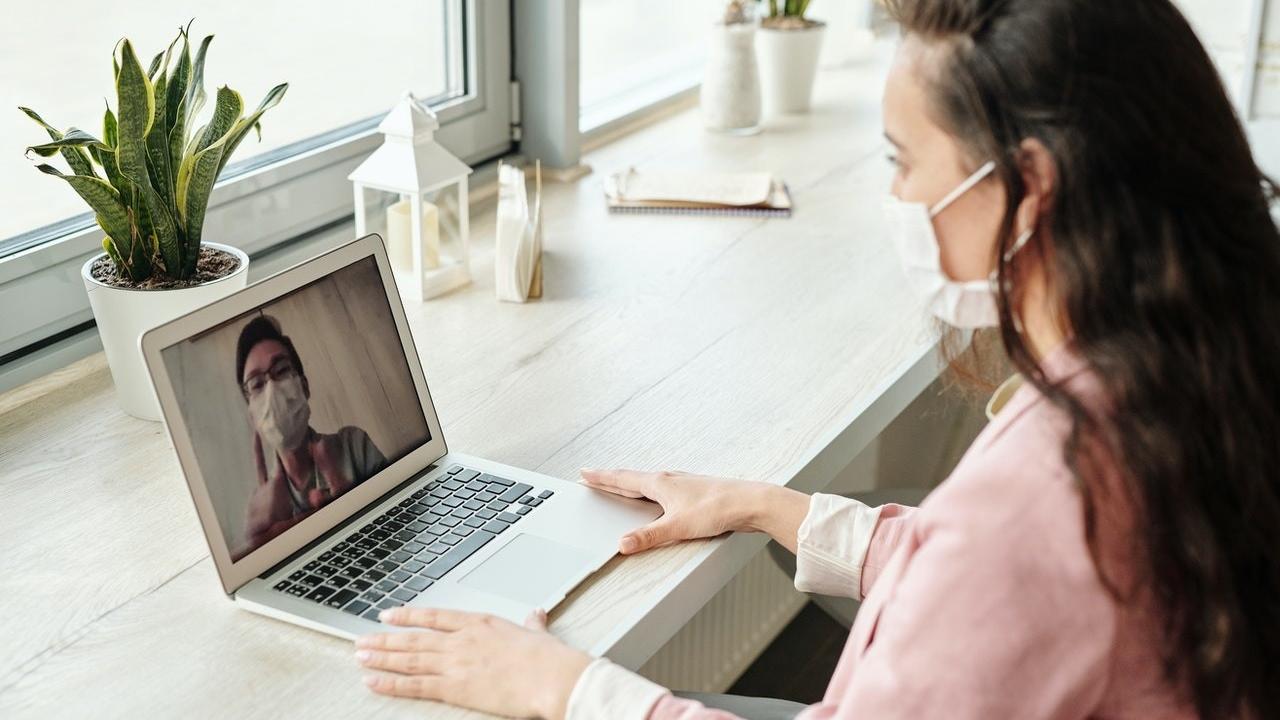Staying Calm during COVID
Welcome to our Wellbeing during COVID-19 resources blog. Each of our blogs links directly to one of our 6 rules for keeping calm during the COVID crisis.
How to explain why you don't feel safe?

Whilst some people are relishing the potential to escape from a permanent home existence, what if you don’t feel safe to return to your work environment?
This New York Times article exposes some of our concerns (albeit from a US perspective) and certainly demonstrates that any return to office anxiety you may be feeling isn’t yours alone.
It’s ok to express your concerns about returning to work, but a bit of planning can really help you work out where to begin.
Start by establishing what your concerns are, make a note of them and review what is realistic as a concern and what might not be. Still have concerns? Then it's time to escalate to the next tier up.
This kind of reflection on what your concerns are can make your appeal for reassurance more pragmatic and therefore, more likely to be well-regarded.
If you manage teams, it’s likely that they share your concerns and may harbour concerns you hadn’t considered. Before taking workplace safety issues higher, it could well be wor...
Re-entry to work; the opportunity for positive change.

The joy some of us have experienced being away from our usual work environments has brought into sharp focus how well we can do our jobs when environmental stressors are removed.
For those of us who have not been able to go to work, the thought of returning to our places of work may be causing anxiety.
We know our work environments will have to adapt to allow for social distancing, but we are unclear on how this will impact the way we work.
Companies will be more aware than ever that our lives no longer run on typically similar schedules. Staggering start and end times will undoubtedly become commonplace to account for social distancing on transport networks and staggered school programmes for working parents.
Long before Lockdown, it was evident that the traditional work models were outdated and causing high amounts of stress and burn out. This article explores in more depth, the fallacy of the ‘ideal worker’ and how the lockdown offers a real opportunity for fundamental change ...
Use Emotional Intelligence to Better Isolate

We’re learning how to conduct our professional and social lives through virtual platforms, and we are also having to learn how to adapt to this new form of interacting.
Where previously we could gather emotional cues from our colleagues, friends and family from non-verbal communication and body language, we now have to rely on what we can see and hear through a tiny rectangle on the screen.
Vulnerability researcher and professor Brene Brown offers this great tip to create emotionally intelligent virtual meetings.
And there’s no reason that you shouldn’t apply this to your social meetings too. Meeting socially in virtual settings can prevent us from being emotionally distant but we need to make sure that the screen separation doesn’t stop us from sharing how we’re really feeling with close friends and family.
This article is a great reminder about the importance of remaining emotionally connected in times of lockdown.

